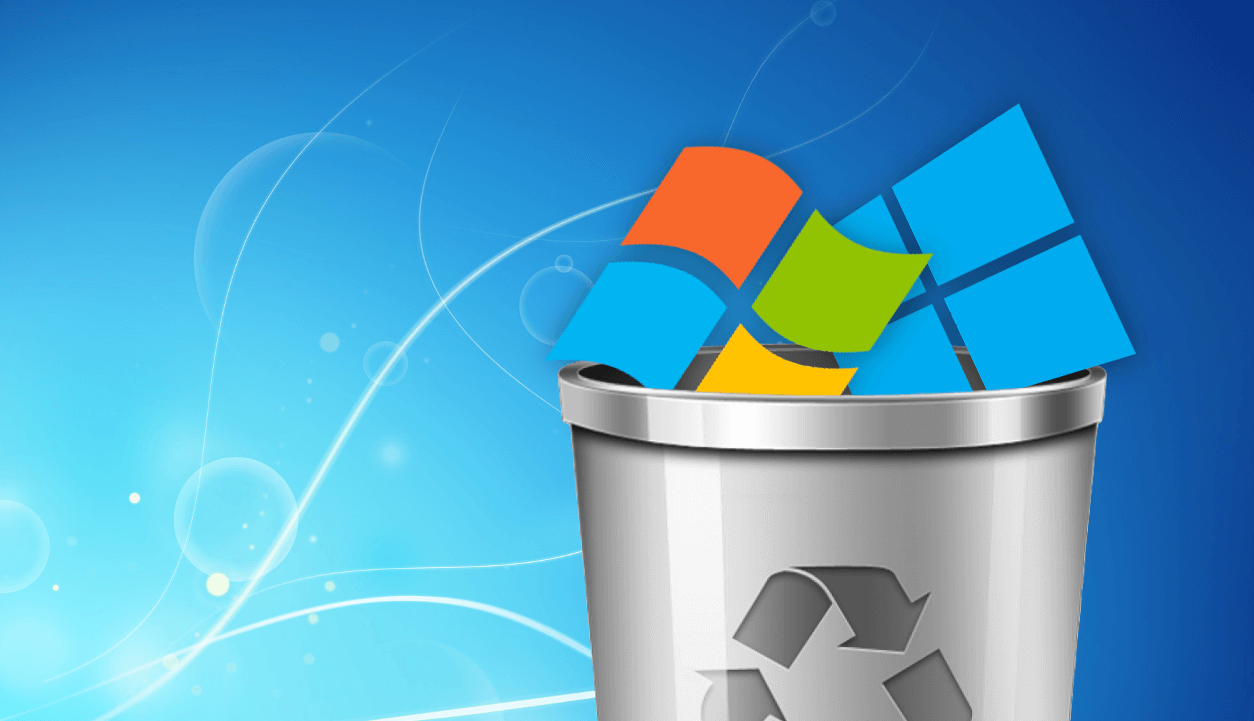
Extended Support for Windows 7 and Windows 8.1 officially ends as of January 2023.
The older operating systems will no longer receive any security patches or technical updates from Microsoft, which poses a compliance risk to businesses and organisations.
Mainstream support for Windows 7 originally ended in early 2020, although some Enterprise users could choose to purchase an ‘Extended Security Update’ (ESU) program for an additional three years.
Ever since then, Microsoft has regularly urged users to upgrade to Windows 10, and later Windows 11 on PCs with TPM security built into their chipset.
Windows 7 was originally released in 2009 and became an overnight success, selling over 100 million copies within six months. As of September 2022, a staggering 11% of traditional PCs are somehow still estimated to be running Windows 7 globally.
Windows 8 suffered a more checkered history: originally developed with a touchscreen-friendly tile display designed to be similar across PCs, tablets and the ill-fated Windows Mobile – many users found the new user interface confusing, continuing the mysterious curse of alternate-versions of Windows being a flop.
Microsoft Edge 109 will also be the last version of the web browser that will be considered supported for Windows 7 and 8, with a similar change expected from Google within Google Chrome.
Now the World officially waves goodbye to Windows 7/8.1, and any users still stuck on the old versions are faced with the choice of either purchasing a licensing upgrade for their old PC if their hardware permits it, or replacing their device entirely with a newer Windows 10/11-based model.
For Operating System expertise and support, please contact our team today.
